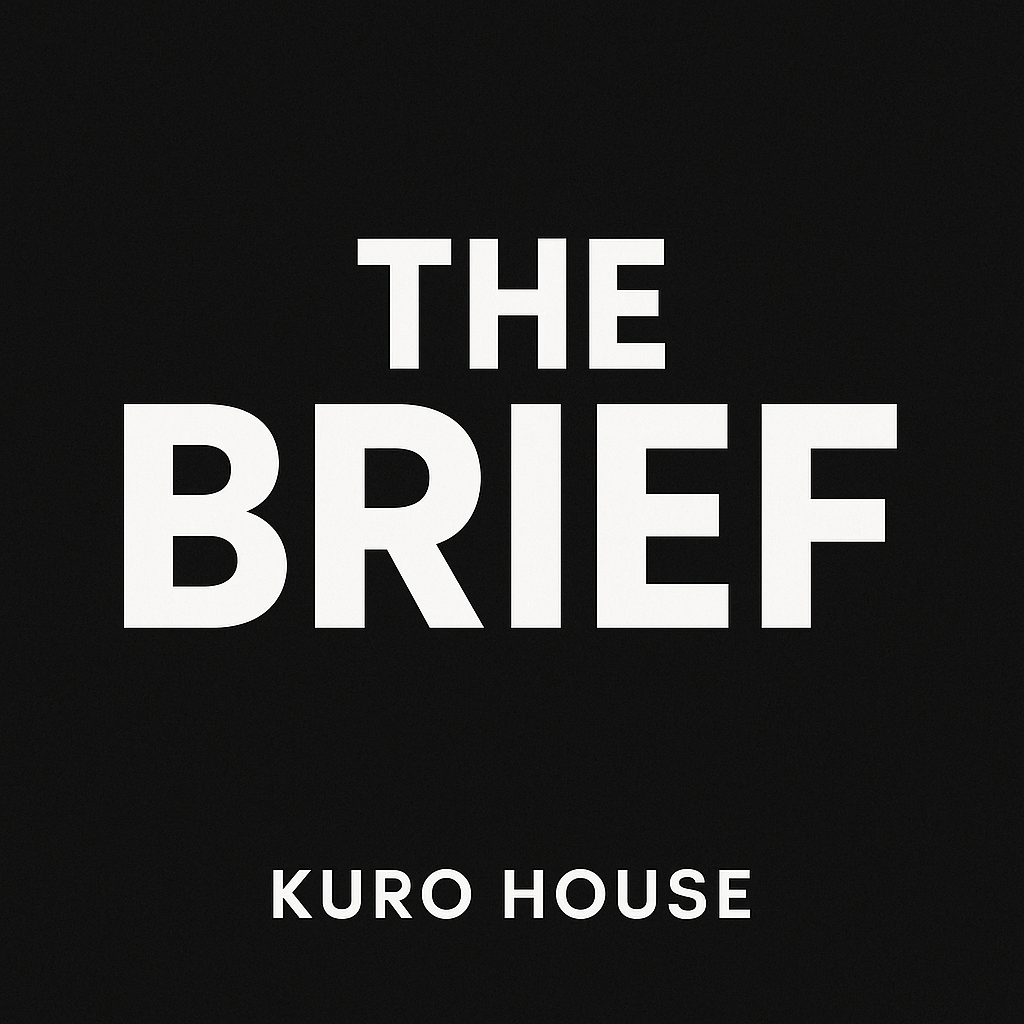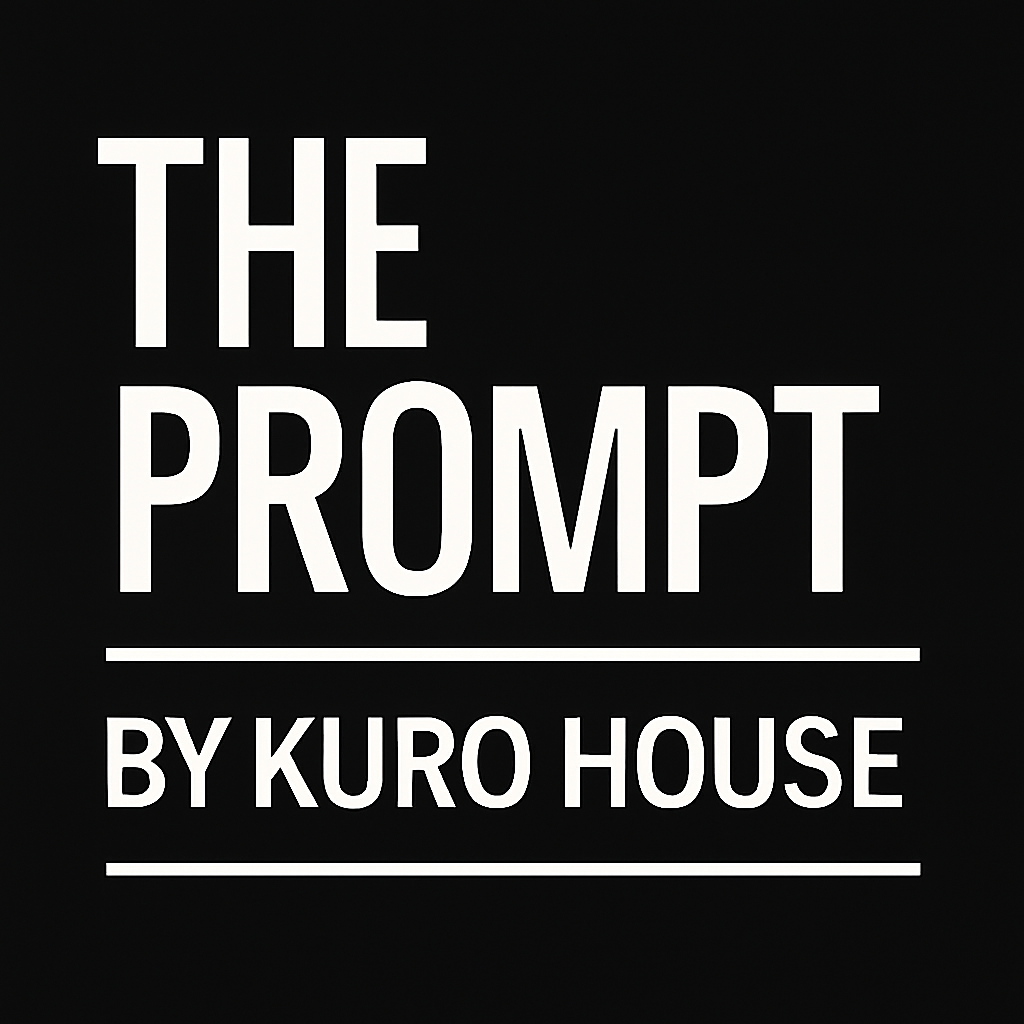Listen To The Show
Transcript
Welcome to The Brief by Kuro House, your daily dose of sharp marketing insights. Today, we’re diving into regulatory shake-ups for Google on both sides of the Atlantic, the unraveling of a decade-old food giant merger, a candid conversation with BBDO’s Andrew Robertson about creativity and AI, and why the creator economy is reaching a critical crossroads for marketers. Let’s get into the stories that matter most right now.
First up, a pivotal moment in the ongoing antitrust saga against Google. According to Adweek, a federal judge has ruled that Google will avoid the full-on breakup the U.S. Department of Justice had hoped for in its landmark case. Instead, the remedies are more measured: Google is barred from signing exclusive contracts for Search, Chrome, Google Assistant, and its Gemini app, a move designed to give rivals a fairer shot. This follows last August’s decision where Google was found to have maintained an illegal monopoly in online search, largely through massive payments to secure default placement on devices and browsers—think the $20 billion it paid Apple in 2022 to stay the default search engine on Safari. Notably, Google can still pay partners like Apple and Samsung to preload or feature its products, and it won’t have to divest Chrome or Android. The company will need to share certain search index and user-interaction data with rivals, but not ad data. The court aims to foster competition without imposing “crippling” downstream harms by cutting off all payments. The ruling, effective for six years, will be overseen by a technical committee. Investors breathed a sigh of relief, with Alphabet shares jumping as much as 8% after the news. While the Justice Department had pushed for Google to sell Chrome and end multibillion-dollar deals, the court stopped short, citing risks to partners and consumers. The enforcement committee’s makeup remains unclear, but they’ll start work immediately, even as Google keeps its core assets intact.
Across the Atlantic, Google faced another regulatory hurdle—this time, an EU antitrust fine over its adtech business, as reported by Adweek. The fine, originally set to be announced Monday, was abruptly put on hold due to ongoing tariff negotiations between the U.S. and EU. Reuters revealed that as the two sides discuss reducing tariffs on European vehicles and U.S. industrial goods, political tensions are running high, with President Trump threatening retaliation against any penalties imposed on U.S. tech giants. EU antitrust chief Teresa Ribera delayed the announcement, and while no official reason was given, sources expect the pause to last less than a month. The fine was described as “modest” and targeted Google’s alleged favoritism toward its own ad exchange, AdX, which plays a central role in matching auctions for digital ad space. Google’s ad revenue, remember, makes up nearly 76% of its total income. This comes on the heels of a U.S. ruling that Google illegally maintained a monopoly in publisher ad servers and ad exchanges, marking one of the most aggressive antitrust actions against a U.S. tech company in decades. The European Commission insists that protecting competition shouldn’t become a bargaining chip in trade talks, but for now, the outcome is in limbo.
Meanwhile, in the world of consumer packaged goods, Kraft Heinz is reversing its course a decade after its much-publicized megamerger. According to Adweek, the company announced it will split into two separate businesses: Global Taste Elevation, which will house brands like Heinz, Philadelphia cream cheese, and Kraft Mac & Cheese, and North American Grocery, which will include Maxwell House, Oscar Mayer, Kraft Singles, and Lunchables. Carlos Abrams-Rivera, current CEO of Kraft Heinz, will lead the North American Grocery unit, while a search is underway for the head of Global Taste Elevation. The company’s headquarters will stay in Chicago and Pittsburgh, and the final names for the two businesses are still to be revealed. The 2015 merger, masterminded by Warren Buffett and 3G Capital, failed to deliver the anticipated profitability, with Kraft Heinz’s stock price dropping more than 60% and its market value shrinking by roughly $57 billion. The announcement sent shares down another 6%. Executive chair Miguel Patricio cited the company’s complex structure as a barrier to effective capital allocation and growth, while Abrams-Rivera emphasized that the split will help unlock the true potential of their iconic brands.
Switching gears to the creative industry, Adweek’s recent interview with Andrew Robertson, chairman of BBDO Worldwide, is a must-listen for anyone interested in the intersection of creativity, leadership, and technology. Robertson, with over 40 years in advertising, stresses that the heart of breakthrough marketing is still emotional intelligence, risk-savvy thinking, and the discipline to turn complexity into clarity. He argues that talent is the most important asset—more than tactics or technology—and brands must build ecosystems that attract and nurture exceptional creative minds. On the topic of risk, Robertson reframes bold marketing as smart risk management, encouraging brands to quantify and manage downside risk rather than chase unattainable certainty. He shares a personal anecdote about how a simple, empathetic text from American Airlines changed his emotional response to a frustrating situation, underscoring the power of tone and timing. Perhaps most provocatively, Robertson sees AI as a creative liberator, not a threat—collapsing the gap between ideation and execution, and allowing imaginative thinkers to scale their impact without losing the soul of their work. His leadership mantra? “Run toward the fire”—solve the hard problems, and you’ll earn trust and stand out.
Finally, let’s talk about the creator economy, which, according to Digiday, is now at a critical inflection point for marketers. Seven influencer marketing experts agree: after years of explosive growth, influencer marketing is no longer an afterthought but a mainstage channel, with U.S. spending expected to surpass $10 billion this year. Unilever’s plan to spend half its ad budget on social media and work with 20 times more influencers is setting the pace for the industry. Influencer marketing is becoming as institutionalized as programmatic or streaming, with brands hiring creator agencies of record, retail media networks launching affiliate programs, and holding companies acquiring influencer agencies. Even Blue Apron is bringing its influencer program in-house, reigniting the debate over in-house versus agency-led campaigns. But with this growth comes new challenges: creators are demanding bigger paychecks, brands are negotiating harder on usage rights and deliverables, and measurement is still lagging behind. Marketers want to see clear ROI—vanity metrics aren’t enough anymore—but the lack of standardization in pricing and measurement is holding the industry back. The next phase of growth will depend on whether the creator economy can solve these fragmentation and measurement woes, making it a truly mature media channel.
That’s it for today’s Brief. From antitrust battles and corporate breakups to the evolution of creativity and influencer marketing, the marketing landscape is shifting fast—driven by regulation, innovation, and the relentless pursuit of impact. Stay sharp, keep questioning, and remember: the best marketers don’t just keep up—they help shape what comes next. Thanks for listening, and we’ll catch you tomorrow.

